Most of the time, you know the basics of a place you’re going to visit: the main sights to see, foods to eat, activities, night life, etc.
You usually find them in a trusted travel guide or by doing some research on the internet.
But more often than not, each and every country in the world has its own quirky customs and laws, including Greece, which you know nothing about.
Some of these crazy facts can make you laugh, or even land you a ticket if you’re not careful.
And you won’t find them in just any guidebook or on your favorite travel app.
So, before you catch that plane to the Acropolis, check out this list of wacky facts about this great country, and come prepared to win at pub night trivia.
Don’t take a boat (unless it’s seaworthy).
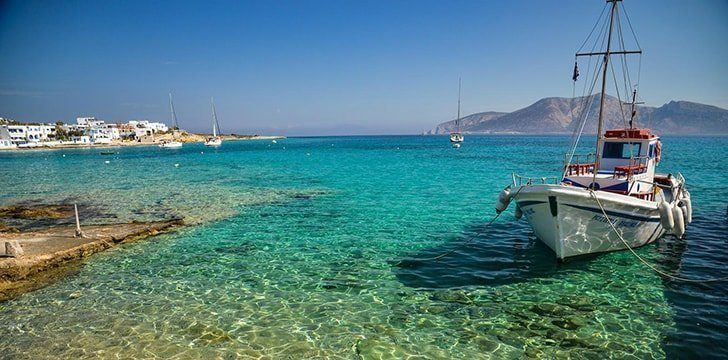
Greece is known for their beautiful islands, and you can go for a great sail around Santorini or Mykonos.
But the country actually has no navigable rivers, because of the heavily mountainous terrain: 80% of the country, in fact.
So no “on-a-boat” parodies here, folks. Sorry.
There’s no opting-out of your right to vote.

Yup, suffrage in Greece isn’t something you can choose to take advantage of or be indifferent to.
All Greek citizens over the age of 18 are required to vote in every election.
Interesting concept, isn’t it?
The word “tragedy” isn’t what you think.
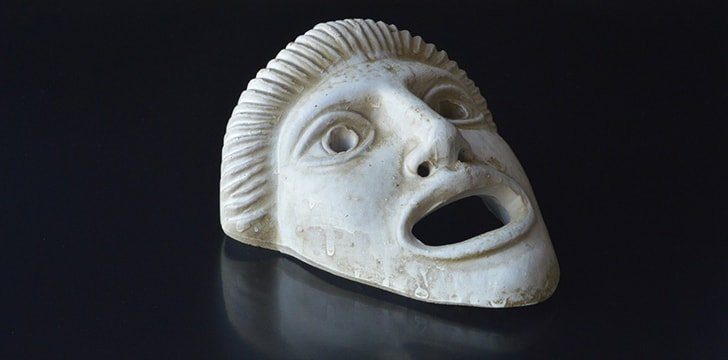
It’s actually Greek for “goat-song.”
It doesn’t mean that tragedies were about goats in Ancient Greece, but were simply named as such to honor the Greek god Dionysus (the god of wine).
Goatskins were worn by the participants.
Greece is the leading producer of sea sponges.

You need a natural sponge for your shower? Greece is the best place to find it.
You can even visit the island where you find them — Kalymnos — to go find your very own.
Sacrifice was for the wealthy.

If animal sacrifice was what you were into during ancient times, only the wealthy could use live animals.
The poor were actually more humane and left pastry versions — which is much better, really.
You literally can’t get away from the sea.

The longest point anywhere in the country is only 85 miles from the coast, and that coastline is 9,000 miles long — one of the ten longest in the world.
DON’T WAVE.

At least, not with an open palm.
While waving itself is technically fine, it could accidentally be mistaken for a “mountza,” an insulting gesture.
Instead, they greet others with a closed palm, so when in doubt, fist bump.
Even grandma never moves out.

That’s right. Children live with their families until they get married, and then grandma and grandpa usually stay with that family until death.
Retirement communities are rare in this country.
Barbarian is actually a funny word.

The origin of the word comes from the Greek barbaroi, which literally meant someone who doesn’t speak Greek, because they sounded like some animal going “bar – bar – bar.”
Oh, you Greeks — always the comedians.
Don’t be offended if they complement you, then spit at you.
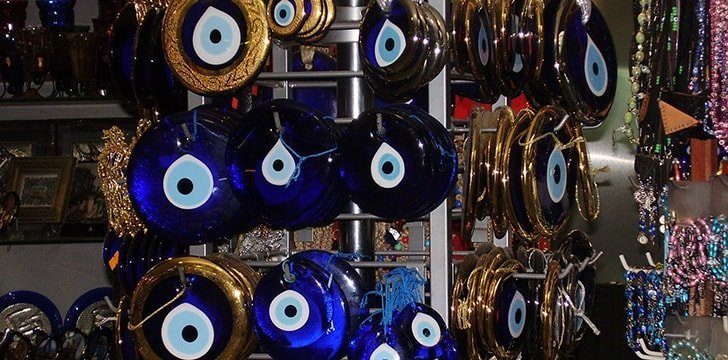
This is only to ward off receiving the compliment from the evil eye — they really do mean it.
Even if the puffed-cheek spitting action seems a little strange, they’re only looking out for you, which is comforting.
They were pioneers for waste management.

Greece began the first community dump around 500 B.C.
Keepin’ those streets clean for millennia!
Leave those stilettos at home.

It’s an actual law that you can’t wear shoes that could damage historic sites like the Parthenon — think high heels.
Scientists say that a stiletto emits more pressure per square inch than the foot of an elephant.
So, leave the six-inchers at home.
Keep your pants on.
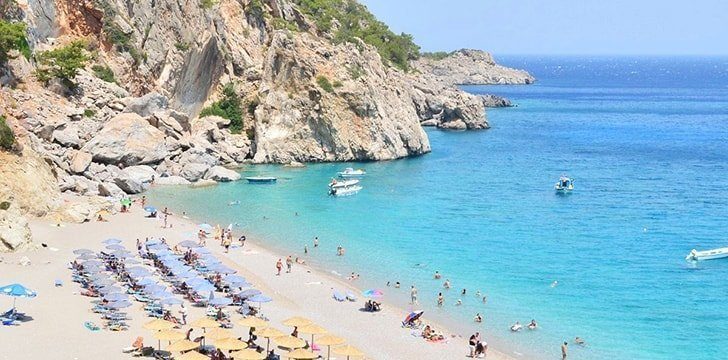
As funny as the occasional mooning can be, this kind of display of humor is labeled as indecent in Greece, and you could pick up a hefty fine for it.
They took the bull by the horns.
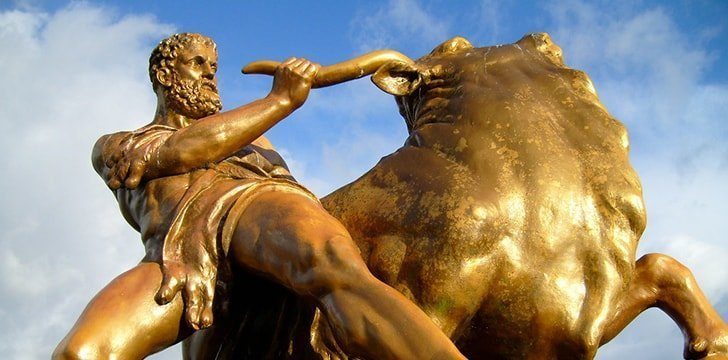
No, really — the saying “take the bull by the horns” comes from Greek mythology.
It’s the story about the time Hercules literally did just that, and saved Crete from a huge raging bull.
The first Olympic champion made food.
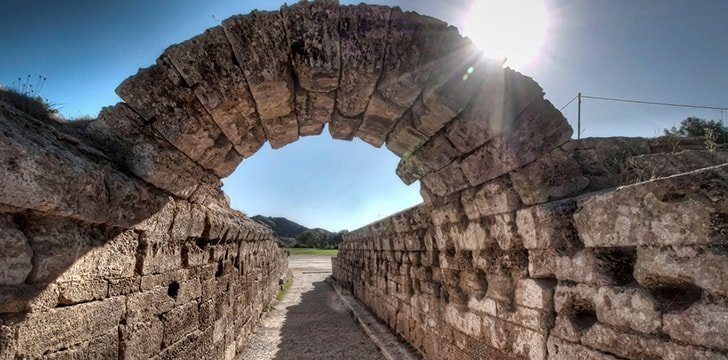
During the first Olympic Games in 776 B.C., Coroebus, a cook, won the very first sprint race.
There’s a reason for all the blue, and it’s not because it’s pretty.
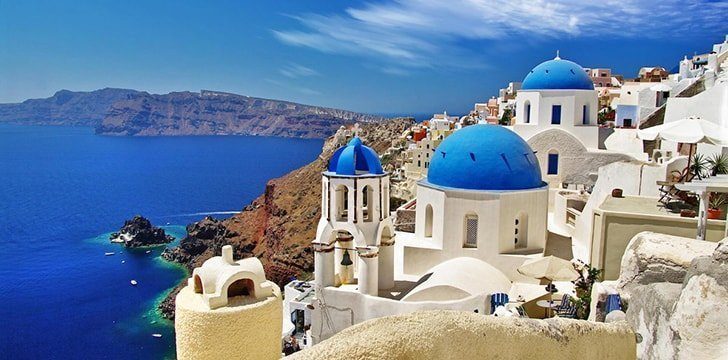
It is pretty.
But, the roofs in much of Greece were actually painted the highly recognizable shade of blue to ward off evil.
Name days are more important than your birthday.
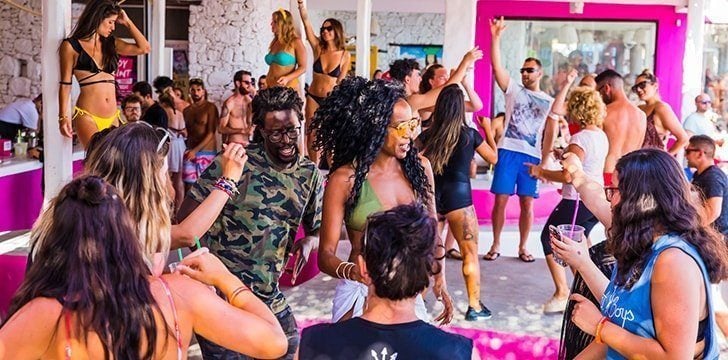
Your birthday in Greece isn’t really that big of a deal.
Instead, the feast day of the saint whose name you have is a bigger celebration day.
Bonus: it’s an excuse for two parties!
The sun doesn’t set here.

Or, rather, most days of the year are sunny here — 250, to be exact.
Talk about paradise!
Islands for daaaays.
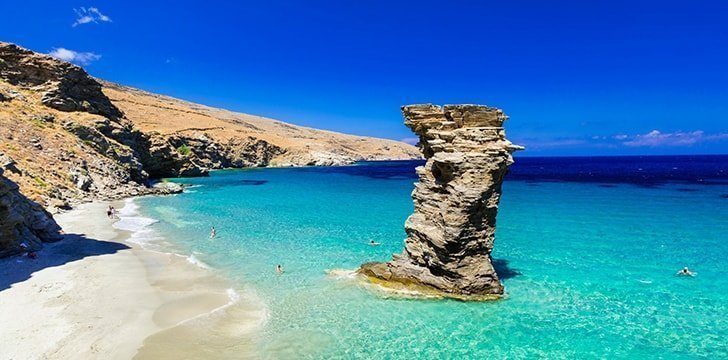
Greece actually has about 2,000 islands included in their country’s borders, and only 170 of them are inhabited by people.
Anyone fancy buying an island?
The Greeks were scandalous before it was cool.

The very first nude scene in European cinematic history was in a Greek film in 1931.
So risqué!
They also like sex the most.

And they’ve won this title for the past ten years!
Even the Brazilians ranked below them, only having it 145 times per year, in comparison with the Greeks’ 164.
Greeks are actually tall dudes.
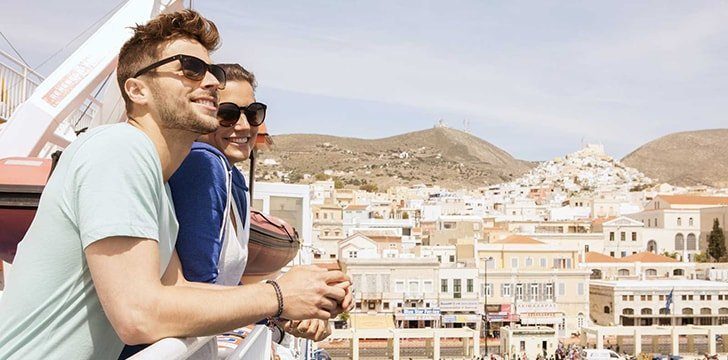
Even though they have stereotypes of being kind of short, the Greeks measure as some of the tallest in the world.
They land at number eight on the list, ahead of even the United States.
They just wanna dance, dance dance.
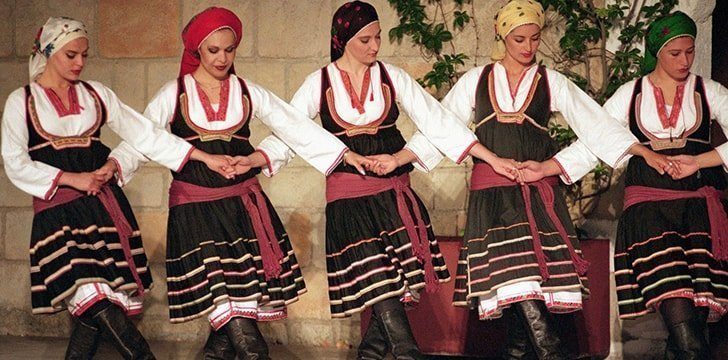
We all know that Greek dancing can commonly involve the breaking of dinnerware, but the Greeks love dancing so much that there are over 4,000 different kinds of traditional dances throughout the country.
This number only counts the “official” ones, too.
So be prepared to get your groove on!
There are two tourists per one Greek.

Greece is the only country in the world that has double the number of tourists in respect to its actual population that comes to visit annually.
Greece, is in fact, old.
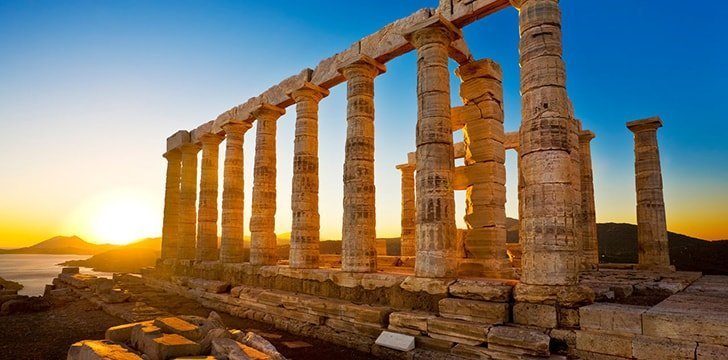
Athens has been continuously inhabited for more than 7,000 years.
This makes it one of the oldest European cities ever, and definitely, one worth visiting.
Ancient Greek is actually still modern.
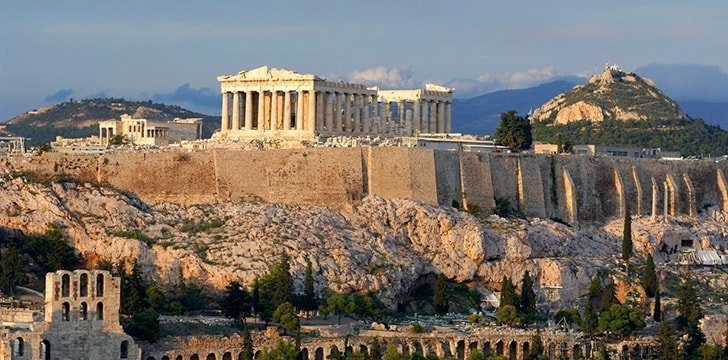
Meaning that the Ancient Greek alphabet is still the oldest written language still in use today.
That’s pretty impressive if you ask us.
China seems to beg to differ, but all current archaeological discoveries continue to support Greece’s claim to this honor.
The official name of Greece is the Hellenic Republic.
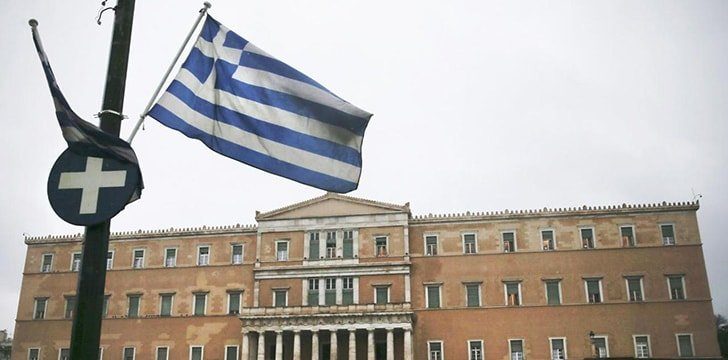
The Greeks call their country Hellas or Hellada.
Greece is the third leading producer of olives in the world.

The Greeks are known to have cultivated olive trees since ancient times.
Some of the olive trees that are still producing olives have been planted in the thirteenth century.
Greece houses the most archaeological museums in the world.
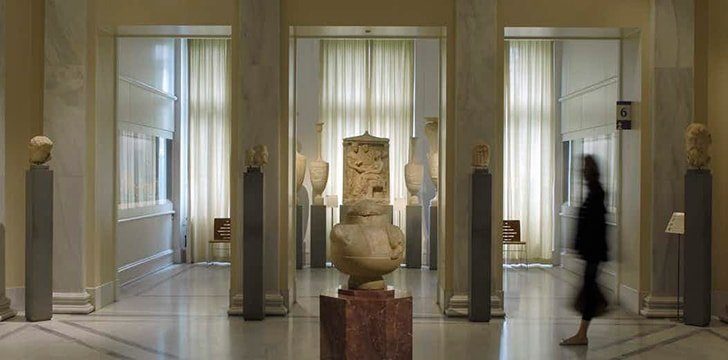
Greece has more than 100 archaeological museums.
Around 7% of all marble produced globally comes from Greece.
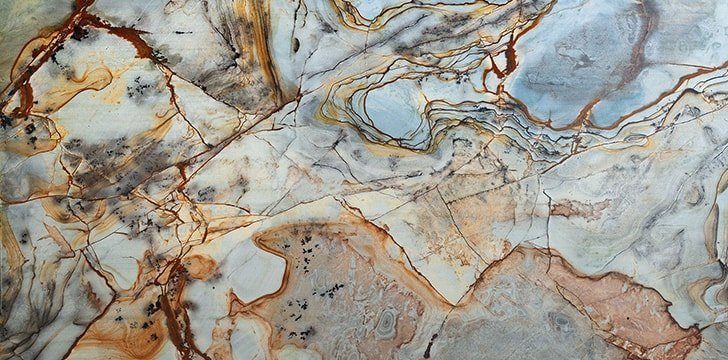
In 2017, Greece, Turkey, China, Italy, and Spain exported almost 78% of the global value and quantity of marble exports.
So there you have it: Greece — a country with surprises from both ancient and modern times.
It may have had its issues in recent years, but the country still remains a symbol of many of the things we hold dear in western civilization.
Be sure to take all of it in, and make some friends with that fist bump you just learned.


















